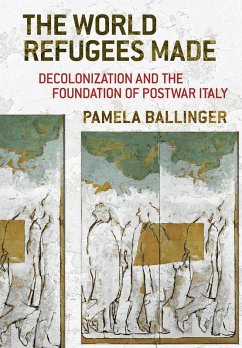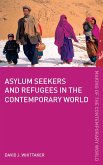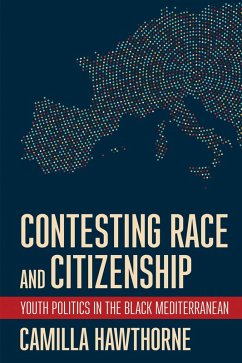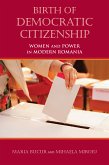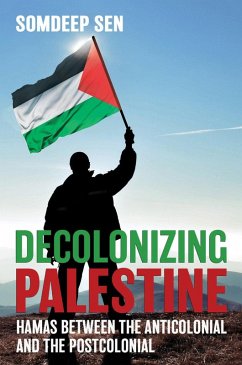In The World Refugees Made, Pamela Ballinger explores Italy's remaking in light of the loss of a wide range of territorial possessions-colonies, protectorates, and provinces-in Africa and the Balkans, the repatriation of Italian nationals from those territories, and the integration of these "national refugees" into a country devastated by war and overwhelmed by foreign displaced persons from Eastern Europe. Post-World War II Italy served as an important laboratory, in which categories differentiating foreign refugees (who had crossed national boundaries) from national refugees (those who presumably did not) were debated, refined, and consolidated. Such distinctions resonated far beyond that particular historical moment, informing legal frameworks that remain in place today. Offering an alternative genealogy of the postwar international refugee regime, Ballinger focuses on the consequences of one of its key omissions: the ineligibility from international refugee status of those migrants who became classified as national refugees.
The presence of displaced persons also posed the complex question of who belonged, culturally and legally, in an Italy that was territorially and politically reconfigured by decolonization. The process of demarcating types of refugees thus represented a critical moment for Italy, one that endorsed an ethnic conception of identity that citizenship laws made explicit. Such an understanding of identity remains salient, as Italians still invoke language and race as bases of belonging in the face of mass immigration and ongoing refugee emergencies. Ballinger's analysis of the postwar international refugee regime and Italian decolonization illuminates the study of human rights history, humanitarianism, postwar reconstruction, fascism and its aftermaths, and modern Italian history.
Open Access edition funded by the National Endowment for the Humanities
The presence of displaced persons also posed the complex question of who belonged, culturally and legally, in an Italy that was territorially and politically reconfigured by decolonization. The process of demarcating types of refugees thus represented a critical moment for Italy, one that endorsed an ethnic conception of identity that citizenship laws made explicit. Such an understanding of identity remains salient, as Italians still invoke language and race as bases of belonging in the face of mass immigration and ongoing refugee emergencies. Ballinger's analysis of the postwar international refugee regime and Italian decolonization illuminates the study of human rights history, humanitarianism, postwar reconstruction, fascism and its aftermaths, and modern Italian history.
Open Access edition funded by the National Endowment for the Humanities
Dieser Download kann aus rechtlichen Gründen nur mit Rechnungsadresse in A, D ausgeliefert werden.

